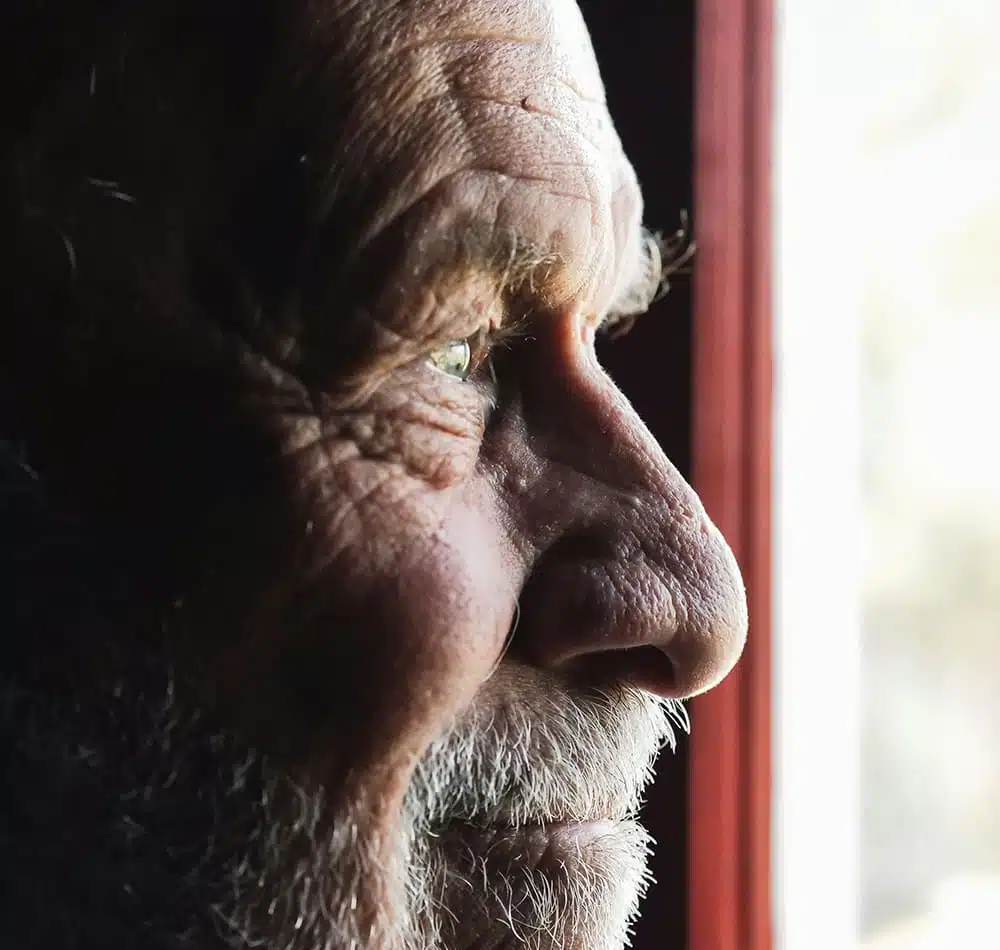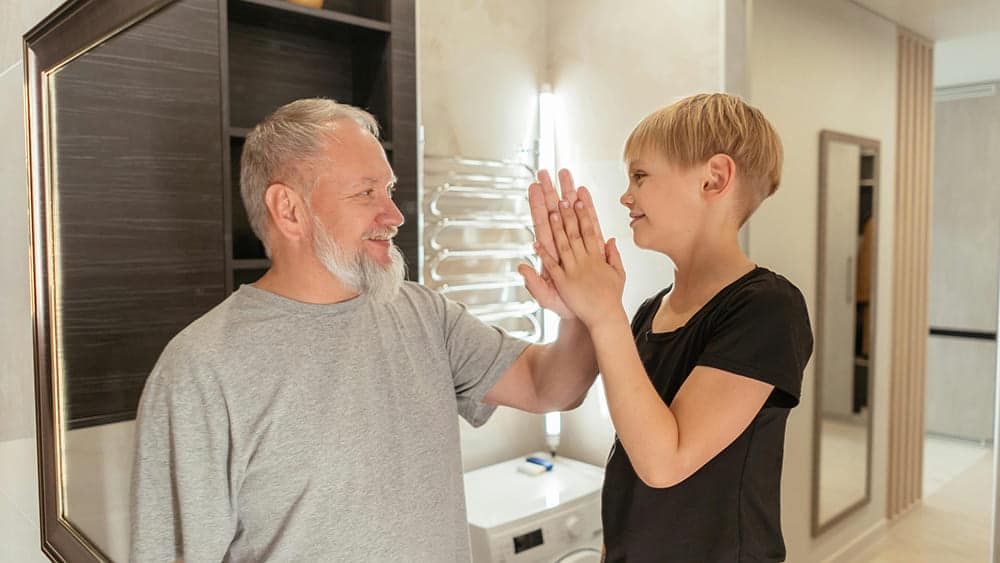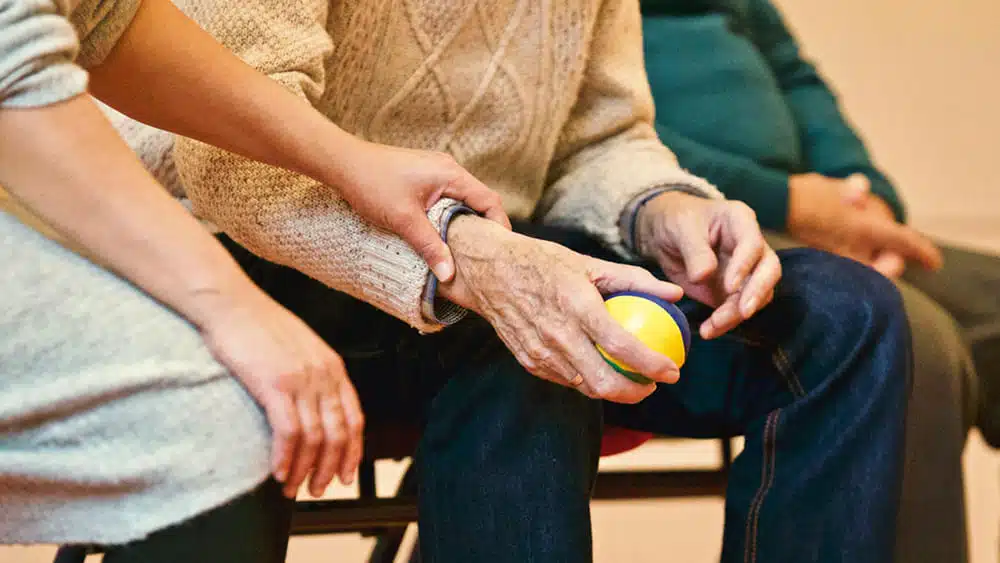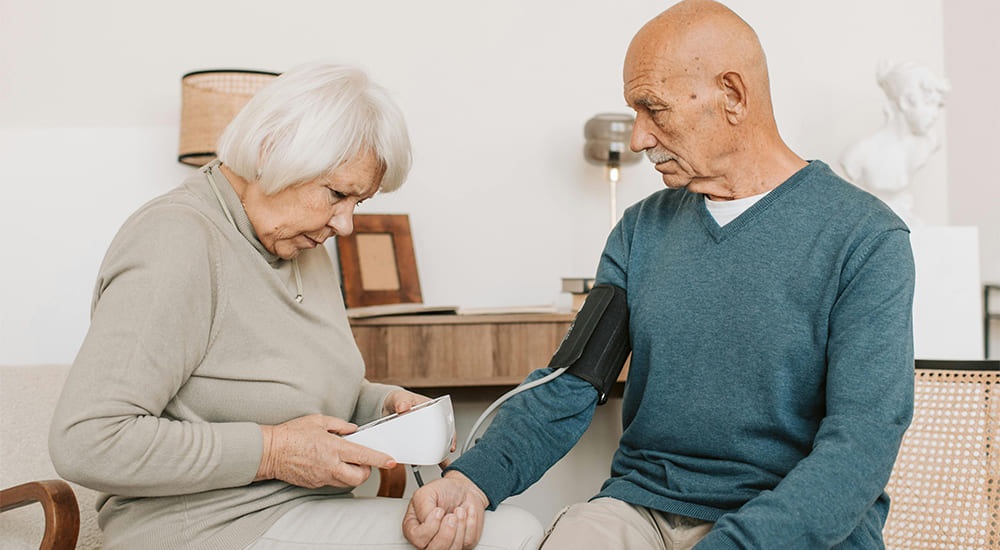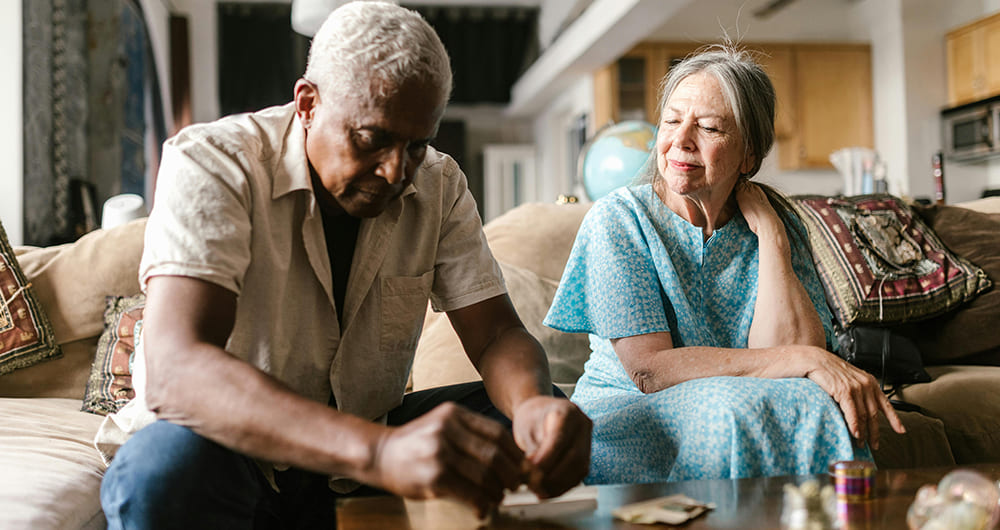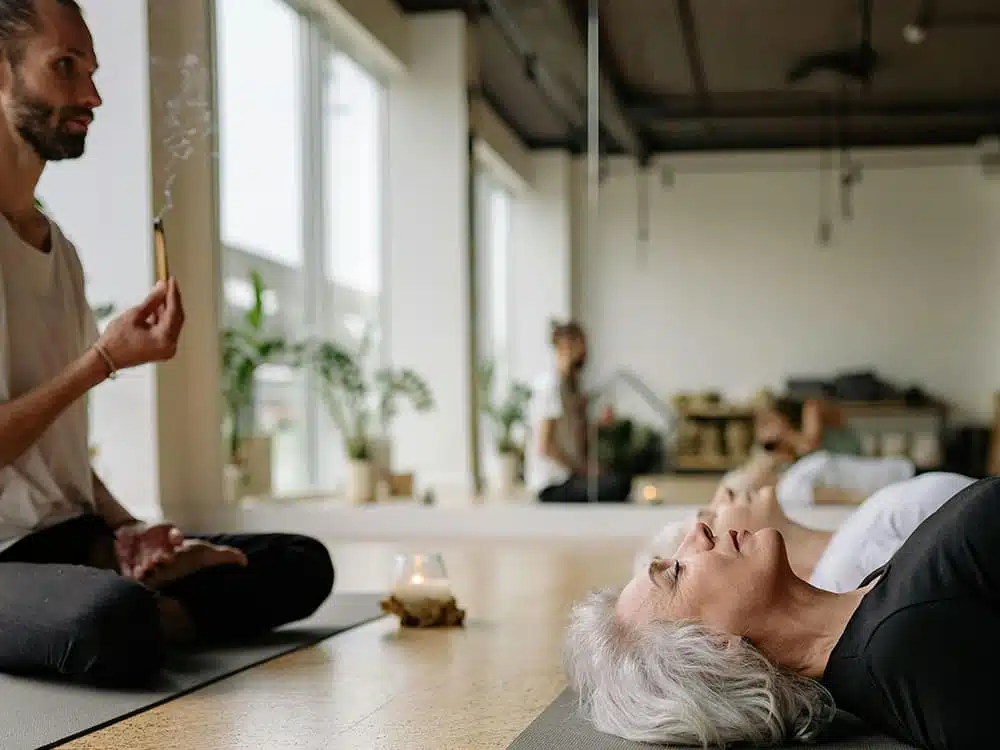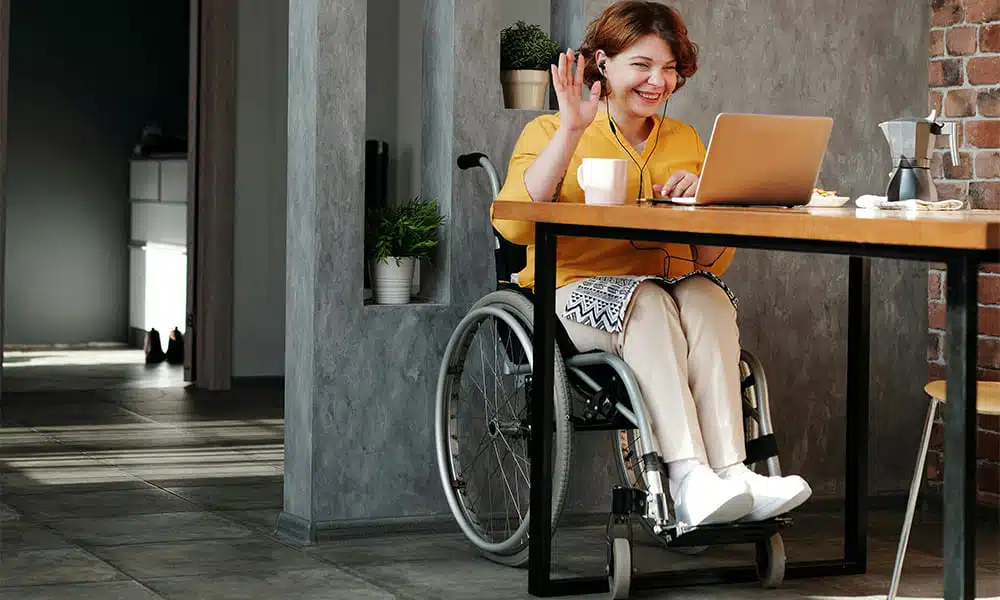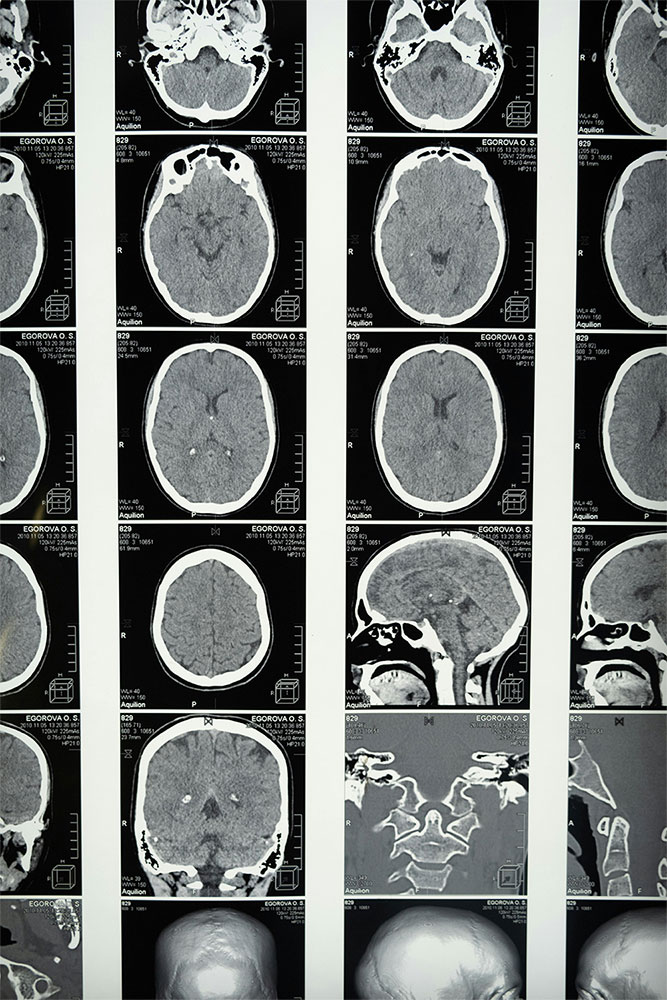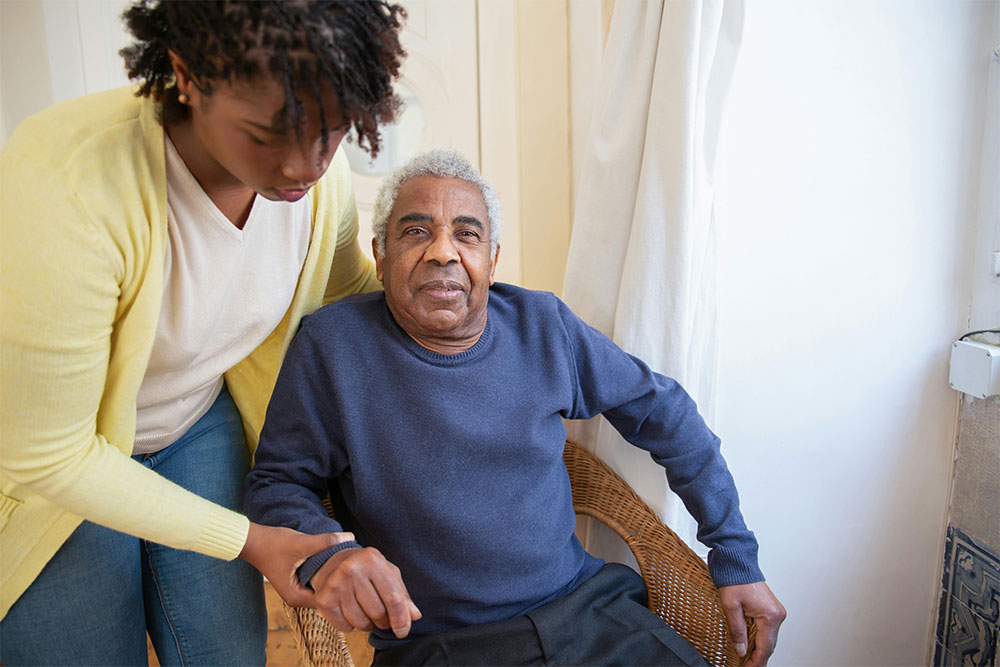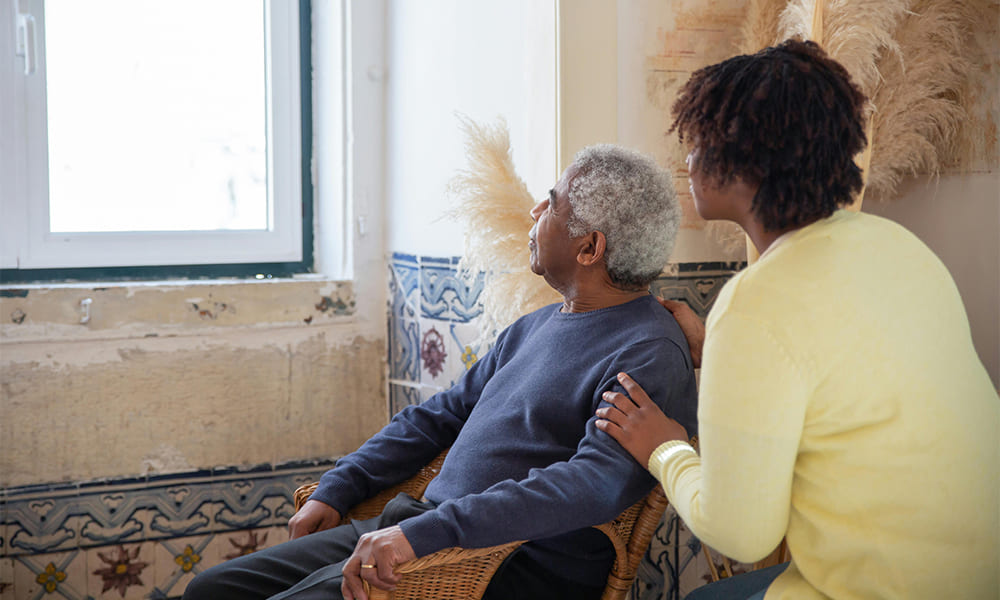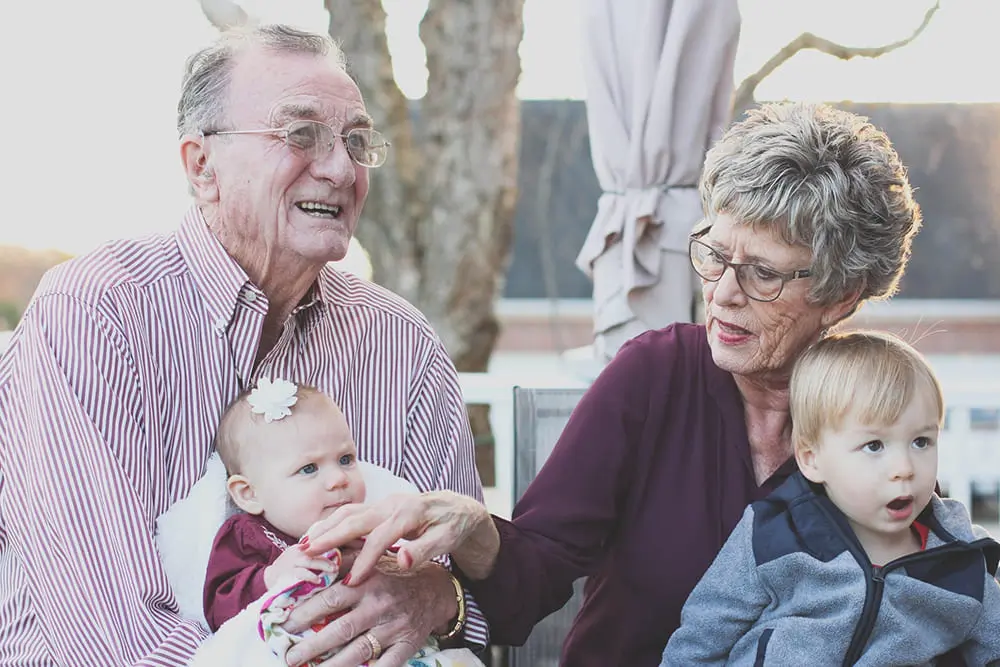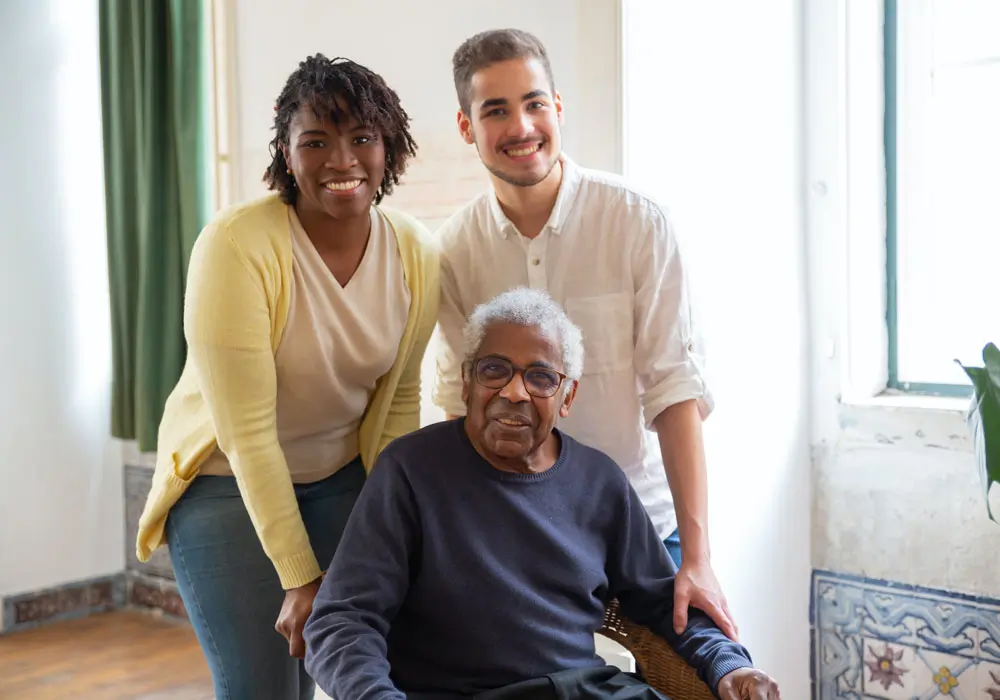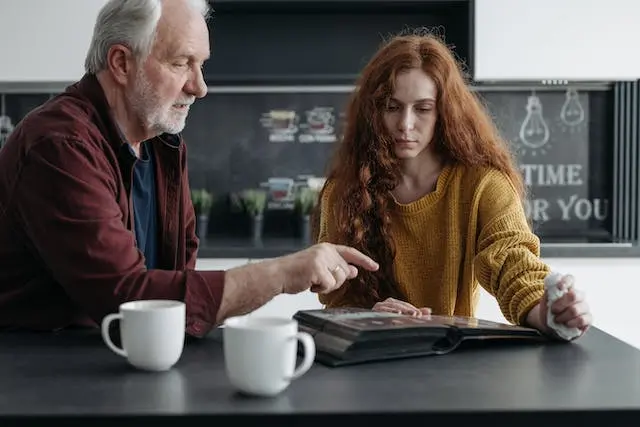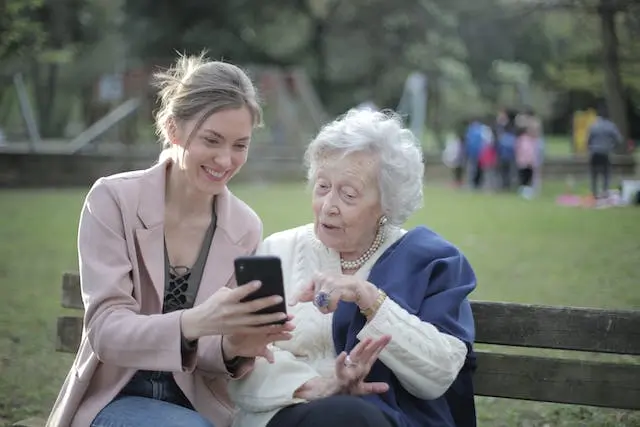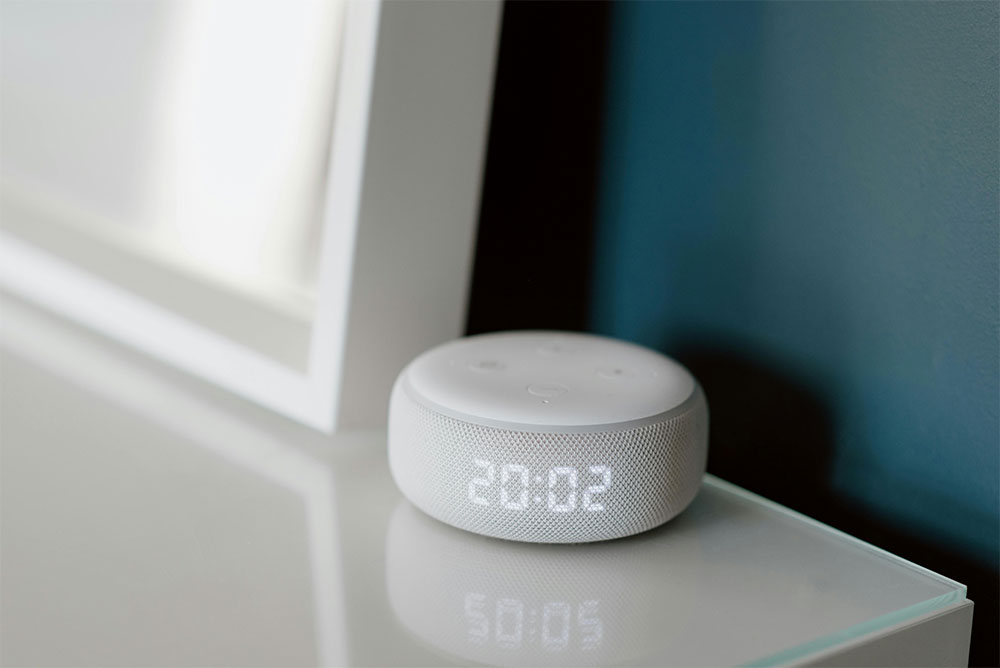
Christopher Ravn
Key Takeaways
1. Utilize memory aids, cognitive exercises, and social engagement to support memory retention and independence in daily life.
2. Establish routines, use familiar objects, and incorporate technology to assist with memory management and navigation of daily tasks.
3. Implement strategies such as routines, memory aids, task breakdown, active listening, and self-care to effectively manage dementia and promote well-being for both caregivers and patients.
Table of Contents
1. Enhancing Memory in Dementia: Strategies and Support
2. Effective Tips for Helping Those with Alzheimer's Remember
3. Empowering Caregivers with Practical Memory Loss Support
4. Understanding the Nuances of Dementia and Alzheimer's
5. Do Dementia Patients Recognize Their Memory Loss?
6. The Lasting Impact of Emotional and Long-term Memories
7. Navigating Communication with Empathy and Understanding
8. What to Say and What Not to Say to Someone with Alzheimer's
9. Enhancing Interaction Through Sensory and Non-verbal Cues
10. Daily Living: Routine, Engagement, and Support
11. Creating a Dementia-Friendly Home Environment
12. The Role of Technology and Organizational Tools in Daily Support
13. Special Considerations for Complex Dementia Challenges
14. Managing Dementia-Related Behavioral Changes with Care
15. Designing Activities for Purposeful Engagement
16. Frequently Asked Questions About How to Help Someone with Dementia Remember
Enhancing Memory in Dementia: Strategies and Support
Dementia is a cognitive disorder that severely affects memory, particularly in the elderly, making it crucial to provide optimal care for maintaining cognitive health and overall well-being. Tailored approaches are necessary to enhance one’s quality of life. Using memory aids such as visual boards like calendars and reminders, verbal cues, and electronic devices can help dementia patients stay organized and remember important dates and tasks.
Additionally, it’s essential for them to engage in cognitive exercises, social outings, and physical activities to stimulate the brain and aid in memory retention. By implementing proper care strategies and utilizing memory aids, individuals with dementia can experience improved memory retention and strive for independence and autonomy as much as possible.
Effective Tips for Helping Those with Alzheimer's Remember
Here are some effective tips to help those with Alzheimer’s remember. Firstly, ensure that proper routines are in place, with familiar items around the Alzheimer’s patient to support their memory. Routines are important to provide structure and predictability, helping Alzheimer’s patients feel safe and regulated. Maintaining a daily schedule including meal plans, medication timing, and daily activities can aid memory retention and reduce confusion. Thus, it is important to incorporate sensory activities for dementia patients.
Additionally, it is essential to use familiar objects to evoke memories and provide comfort and security. Surrounding them with familiar items such as pictures, favorite items, or cherished decorations can evoke positive memories and improve mood.
Technology can be invaluable in assisting Alzheimer’s patients with remembering and managing daily routines. Smartphone apps, electronic calendars, and voice-activated devices like Amazon Alexa and Google Home can help them stay organized and remind them of dates, appointments, medication schedules, and daily tasks.
Empowering Caregivers with Practical Memory Loss Support
It is important to empower caregivers with practical memory loss support. Here are some tips and tools to help you navigate daily challenges and simplify tasks and communication:
- Establish routines: Design daily routines that incorporate meal plans, medication schedules, and activities. Ensure the routine is well-structured and predictable to reduce confusion and anxiety.
- Utilize memory aids: Introduce memory aids such as calendars, to-do lists, and reminders placed in accessible locations. These aids help dementia patients remember tasks and appointments.
- Break down tasks: Divide complex tasks into smaller, manageable steps. Provide clear, step-by-step instructions and assistance as needed.
- Encourage independence: Encourage the patient to participate in daily routines to the best of their ability. Offer guidance and support while allowing for autonomy whenever possible.
- Practice active listening: Use simple, easy-to-understand language when communicating. Avoid overwhelming dementia patients with excessive information and repeat important details as needed.
- Exercise patience and flexibility: Approach caregiving with patience, empathy, and flexibility. Adapt strategies and approaches based on the patient’s abilities and needs.
Understanding the Nuances of Dementia and Alzheimer's
Firstly, it’s important to understand that dementia is a neurological disorder prevalent among the elderly, leading to a decline in cognitive function, including memory, reasoning, and communication. This poses challenges in daily life and task management, often resulting in changes in behavior, personality, and mood. Alzheimer’s, affecting 60-80% of dementia cases, is the most common type.
While dementia is common in older individuals, it should not be considered a normal part of aging. Additionally, Alzheimer’s is not the only form of dementia; there are other types such as vascular dementia, Lewy body dementia, and frontotemporal dementia. Each type presents different symptoms, emphasizing the need for accurate diagnosis and tailored care and support for individuals and their families struggling with these conditions.
Do Dementia Patients Recognize Their Memory Loss?
When it comes to dementia patients recognizing their memory loss, it can be quite tricky. This is because there is a wide variation in self-awareness of memory loss among dementia patients, depending on the stage and type of dementia. For instance, in the early stages, some patients may notice changes in their memory and cognitive function, while others may deny or be unaware of their declining mental health. As dementia progresses, awareness often diminishes, leading to a lack of insight into their condition.
This impact can be quite serious, as memory loss can cause frustration, anxiety, and uncertainty about their identity. For caregivers and supporters, providing proper reassurance, validation, and empathy is essential. Encouraging engaging activities and maintaining social connections can create a supportive environment that improves emotional well-being and quality of life for dementia patients as their self-awareness diminishes.
The Lasting Impact of Emotional and Long-term Memories
You will notice that people who suffer from dementia are able to retain their old memories compared to new ones. This is because as their brain starts to shrink, long-term memories remain intact compared to short-term memories. These memories are typically tied to important events in their life, cherished relationships, and familiar routines. By reigniting these memories, one can provide comfort and support, fostering better ties with loved ones.
It is important to introduce dementia patients to something known as reminiscence therapy, where the patient is able to remember certain old stories or memories. This enables them to tap into positive emotions and helps retain and recall long-term memory. Being surrounded by familiar items, images, or even music from their childhood can bring about a sense of familiarity and security. Another method is by introducing speech therapy memory activities for adults.

Navigating Communication with Empathy and Understanding
It is important to foster communication with empathy, understanding, and patience with those who are suffering from dementia. Here are some ways to have effective communication:
- Simple language: Use simple words and short sentences when conveying a message to ensure clarity.
- Patience: Allow them time to process information and respond without interruption or rushing to provide an answer to avoid causing anxiety or stress.
- Positive body language: Maintain eye contact, speak gently, and provide reassuring gestures to convey warmth and empathy.
- Support: Be reassuring throughout the conversation, offer help as needed, and avoid patronizing them.
- Listen: Actively listen to both verbal and nonverbal cues, validating their feelings and experiences.
What to Say and What Not to Say to Someone with Alzheimer's
It is important to remember that communication with an Alzheimer’s patient requires the use of supportive language. Additionally, there are certain phrases that need to be avoided as they can cause confusion and distress.
Use simple words or phrases that promote positive effects, such as “I am here for you,” “You’re doing great,” or “Well done!”. Avoid correcting or contradicting them; instead, focus on validating their feelings and experiences to reinforce confidence and positivity.
If the conversation becomes repetitive or confusing, gently redirect it. For example, if the patient asks the same question repeatedly, pause and provide a short, reassuring answer, then redirect their attention to another topic or activity. Maintain a calm, supportive environment and prioritize their emotional health and well-being. Avoid discussing stressful or complicated topics and focus on making them feel relaxed and calm.
We Believe Prioritizing Brain Health Enhances Your Quality Of Life
Get to know our team, our mission and how our EVY LIGHT® can provide you and your loved ones with a fuller life, letting you breathe a little easier.
Enhancing Interaction Through Sensory and Non-verbal Cues
Using sensory and non-verbal cues can greatly benefit one’s interaction, especially for those who have issues with communication. By incorporating touch, sight, and sound, you can play a significant role in enhancing communication beyond words. A gentle touch can provide comfort and reassure a sense of connection and trust. Visual cues, such as facial movements and gestures, help convey emotions and intentions effectively. Additionally, introducing familiar sounds or music that evoke fond memories can stimulate communication.
Considering tactile objects, visual aids, and music therapy can deepen connections and interactions. By focusing on these methods, you can overcome language barriers and tap into their sensory experiences, thereby enhancing communication and fostering emotional connections.
Incorporating sensory and non-verbal cues into interactions is essential for loved ones and caregivers to provide beneficial communication, ultimately strengthening relationships with those suffering from dementia.
Daily Living: Routine, Engagement, and Support
It is vital to establish a daily routine for someone with dementia to provide structure and predictability, reducing confusion and anxiety. Consistent meal plans, medication schedules, and familiar activities create a sense of security.
Incorporating physical activity and social interaction is essential. Activities like walking, gardening, and chair exercises promote overall health, while social interactions with family, friends, or caregivers prevent isolation and stimulate cognitive function.
Caregivers should create a supportive environment with opportunities for engagement in daily activities. Simple tasks such as washing dishes, folding laundry, or playing music they love can provide purpose and accomplishment.
Ensuring proper routine, engagement, and support enhances the quality of life and overall well-being for those with dementia.
Thus, it is important that proper routine, engagement, and support are provided to those who have dementia. This will help to enhance their quality of life and their overall well-being.
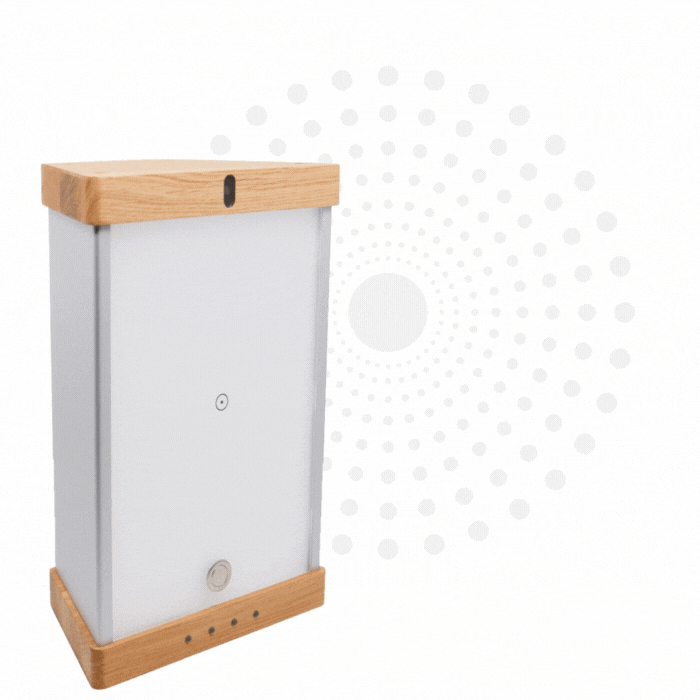
Enhance your brain performance through the power of light.
Comfortable and easy to use 40Hz light therapy to support and improve your brain function.
View Our LightCreating a Dementia-Friendly Home Environment
It is important to create a dementia-friendly environment at home, prioritizing safety, ease of navigation, and a calm atmosphere. Providing clear visual cues and labeling areas with words or pictures helps dementia patients find items and move around comfortably. Reducing clutter and maintaining a minimal layout with essential furniture minimizes confusion and accidents.
Installing safety features like grab bars in the bathroom and handrails on staircases prevents falls. Soft lights with soothing colors promote relaxation and a calm atmosphere. Caregivers should regularly assess the home environment to make necessary adjustments, ensuring a supportive and conducive space for those with dementia.
The Role of Technology and Organizational Tools in Daily Support
Technology and organizational tools play a crucial role in providing daily support for caregivers of dementia and other cognitive impairment patients. Various apps, devices, and manual methods are available to schedule medication times, appointments, and plan interactive activities.
Medication management apps offer reminders, dosage tracking, and medication lists to ensure patients take their medication on time and in the correct order. Additionally, appointment reminder apps help reduce the risk of missing doctor’s appointments.
Digital calendars and scheduling apps assist caregivers in planning daily activities and tasks, with visual cues like icons or color-coding schemes for ease of management and to minimize confusion.
Manual methods such as pill boxes, paper calendars, and organizers are also valuable tools for caregivers. Caregivers can choose a combination of methods that best suit their needs to enhance the cognitive well-being of dementia patients.
Special Considerations for Complex Dementia Challenges
There are special considerations when managing complex dementia challenges, such as irregular sleep, sundowning, and behavioral changes, which require different intervention methods.
Sleep disturbances, including insomnia and frequent waking episodes, can significantly impact individuals with dementia. Implementing a calm bedtime routine and creating a safe, comfortable environment can promote restful sleep.
Sundowning occurs in the late afternoon or evening and can cause confusion or agitation in dementia patients. Adjustments to the environment, such as ensuring adequate lighting and providing calming activities, can help reduce symptoms during these times.
Changes in behavior, such as increased aggression or wandering, require patience and understanding. Tailored activities and special assistance can help redirect their behavior and promote positive changes.
Personalized approaches to complex situations allow caregivers to create a safe and supportive environment, ultimately improving the quality of life for individuals with dementia.
Managing Dementia-Related Behavioral Changes with Care
Managing dementia-related behavioral changes, including aggression, anger, confusion, and mood swings, is challenging for both the patient and the caregiver. Underlying factors such as pain or discomfort need to be addressed effectively.
During moments of agitation or aggression, remaining calm is crucial to prevent escalation. Redirecting attention with gentle touch or reassuring words can help defuse the situation. Establishing a daily routine and a supportive environment can promote feelings of security and reduce anxiety.
Caregivers should prioritize self-care and seek support from healthcare professionals or support groups. Handling dementia patients can take a toll on mental and physical well-being, making stress reduction techniques essential. Setting realistic expectations and seeking help when needed can alleviate feelings of burden and promote overall well-being.
Managing dementia-related behavior requires care and compassion, and caregivers must prioritize both their own well-being and that of the patient to ensure an overall quality of life.
Designing Activities for Purposeful Engagement
It is important to design activities for purposeful engagement for patients with dementia. Tailoring activities to align with their past memories or interests helps provide a sense of purpose, happiness, and strengthens their identity. For example, if the patient loves gardening, let them participate in simple tasks such as watering plants, rearranging flowers, or even light weeding.
Social interaction is crucial, whether through music therapy sessions, group games, or art classes, to provide opportunities to socialize and connect. It is essential for the person to feel appreciated and valued during these interactions.
Reminiscence therapy is also important, allowing the patient to share past experiences that stimulate positive emotions and enhance cognitive function.
Thus, by fostering engaging, purposeful, and socially stimulating activities, caregivers can promote the overall quality of life for those struggling with dementia.
Learn What Others Have Experienced with EVY Light
See how others have achieved a sharper mind by activating their gamma brainwaves in combination with maintaining a healthy lifestyle.









